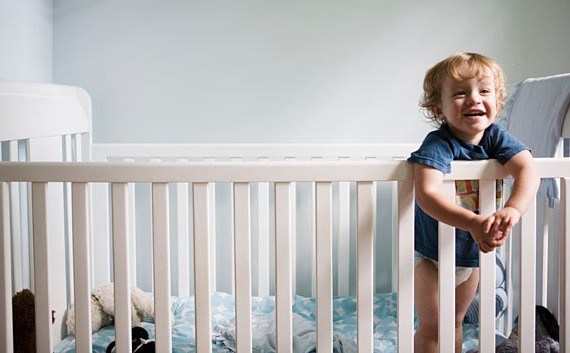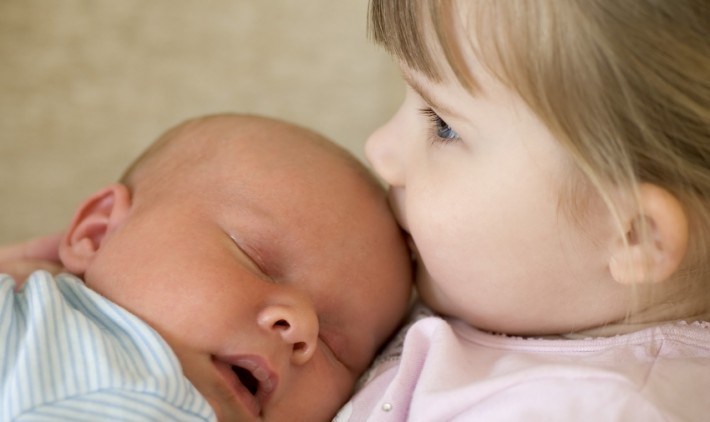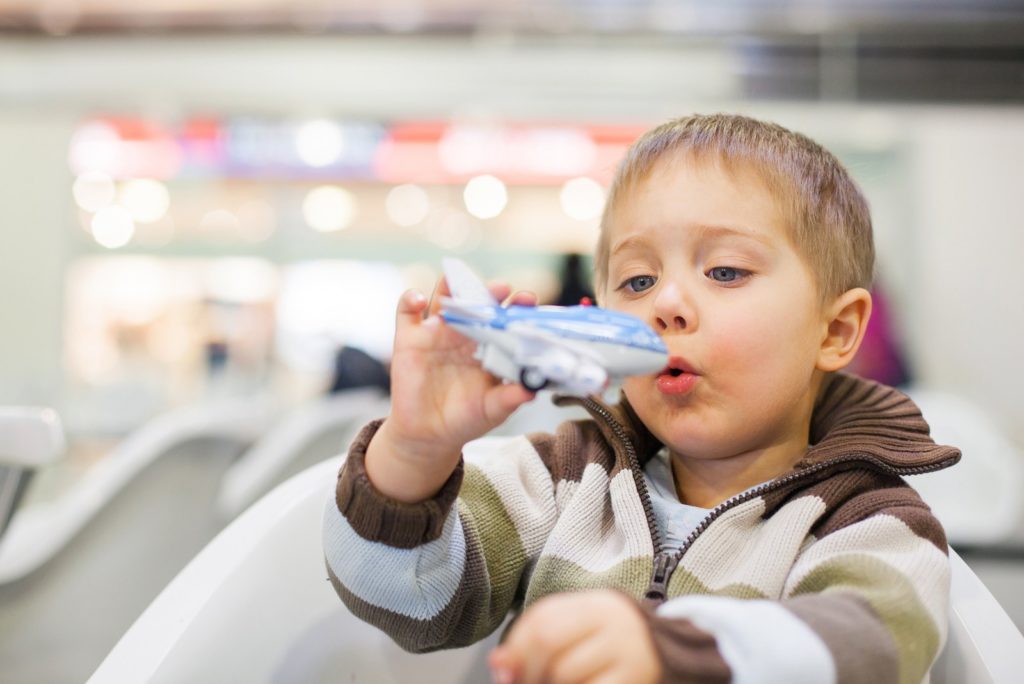Routine
7 Tips For Surviving The Silly Season With Kids
Albeit a time of giving and joy, holidays can also often be riddled with meltdowns and poor sleep (for parents and children alike!). Here are some tips to help you maintain your sleep (and sanity) this Christmas: 1) Make a connection plan: At the core of most sleep difficulties is feelings of fear (otherwise disguised…
Read More10 tips to help your toddler sleep longer in the morning
Being out of routine, developmental milestones, leaps and other unforeseen occurrences such as teething and illness can all contribute to early morning wakings, and too often this can create habitual early rising. Whilst 6:00 am is considered a ‘reasonable’ time for a child to wake for the day, many parents (and children) struggle to make…
Read MoreToddler 101: Introducing a new sibling
Introducing a new baby to the family can be a huge transition for everyone. With the sudden shift in family dynamics, parent’s attention, and the shake up to day to day life, it’s no wonder many older children struggle with feelings of insecurity, sadness, anger, frustration, confusion, hurt, and loss. And, for us as parent’s to…
Read MoreTravel and Sleep
Whether you are traveling away from home by a little or a long distance, inevitably being out of routine and away from your creature comforts can create some degree of apprehension and insecurity for children of all ages—and consequently, their sleep (and yours) may seem to navigate south temporarily. To minimize the disruption on sleep…
Read MoreTransitioning from Daylight Savings (PDT) to Standard Time (PST) – 2017
It’ s almost that time of year… the clocks move back; the days get shorter, cooler and darker. Here are a few pointers for preparing for the moving the clocks from Daylight Savings (PDT) back to Standard Time (PST): General Tips: Keep your regular day and night routine Maintain positive sleep associations Remember consistency is key Avoid any…
Read MoreBreaking sleep habits and encouraging self-settling
Children of all ages seek comfort in movement (rocking, car, carrier), sucking (breast, bottle, dummy) and closeness (touch, holding, parental presence) to fall asleep, and back to sleep when they wake from a nap or overnight. Although these actions are helpful when satisfying neonatal reflexes during the fourth trimester, a child’s ability to sleep independently…
Read MoreOptimising the sleep environment
Light, noise, sound, temperature, smells and toxins can impact on a child’s ability to sleep well. The optimal environment may be influenced by the age and sensitivity of your child e.g. babies under 12 months may require additional bedding layers as they are unable to effectively regulate their own body temperature, or a soft light…
Read MoreSolutions for a catnapping baby
Catnapping, or consistently short naps in the first six months (usually between 20 to 40 minutes), albeit developmentally normal, can be extremely frustrating for parents – who often recall that they spend their entire day settling and re-settling their babies for sleep – usually unsuccessfully. This is, in fact, a natural daytime sleep pattern from…
Read MoreHandling Sleep Regression
The definition of insanity is doing the same thing over, and over.. and expecting a different result. Sound like parenthood much? I hear too often parents telling me that their child (who was once a great sleeper), has–two, three or four months down the track–turned into a nightmare at bedtime. Sometimes there is a definitive…
Read MoreTransitioning from one nap to none
The process of dropping naps can be an exhausting, frustrating and lengthy one for some parents – taking anywhere between a few weeks to a month (or more). Variables will include your child’s age, activity levels, developmental stage and temperament (among others). It is not uncommon at these times to experience sleep regression such as;…
Read More









